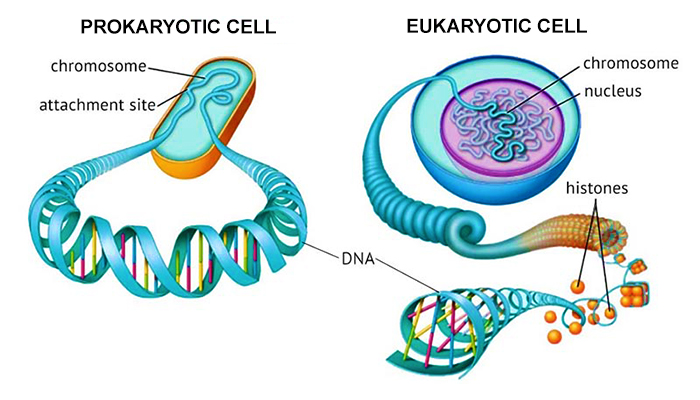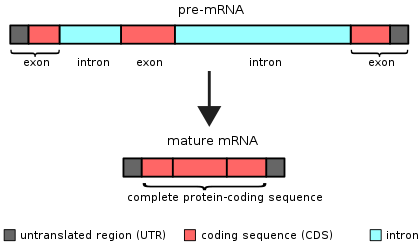Jed Quiaoit
Samantha Himegarner
Jed Quiaoit
Samantha Himegarner
AP Biology 🧬
358 resourcesSee Units
Evolutionary Theories
Similar to using genetic code as an example for evolutionary theory, there are other examples of evidence at the molecular level. There are more structural similarities within the cells of eukaryotes that could help piece together the past. ⌛
Eukaryotes are a diverse group of organisms that include plants, animals, fungi, and protists. One of the key characteristics that sets eukaryotes apart from prokaryotes (bacteria and archaea) is the presence of membrane-bound organelles, such as the nucleus, mitochondria, and chloroplasts. These organelles are thought to have originated through the process of endosymbiosis, where one cell engulfs and incorporates another cell, leading to the evolution of a symbiotic relationship. Yum! 🍔
The presence of membrane-bound organelles in all eukaryotes is considered to be strong structural evidence for their common ancestry.

Source: BioNinja
Another key characteristic of eukaryotes is the presence of linear chromosomes, as opposed to circular chromosomes found in prokaryotes. Linear chromosomes are thought to have evolved as a way to increase the amount of genetic information that can be stored, which would have been beneficial for the evolution of more complex organisms. 🧬

Source: Miami.edu
Eukaryotic genes also contain introns, which are non-coding sequences that interrupt the coding sequences of the gene. Introns are transcribed along with exons, which are the coding sequences, and are then removed by a process called splicing. The presence of introns in eukaryotic genes is thought to have evolved as a way to increase the diversity of proteins that can be produced from a single gene. This is because different exons can be spliced together in different ways, leading to the production of different protein variants.

Source: WikiMedia
In summary, the presence of membrane-bound organelles, linear chromosomes, and genes that contain introns are all characteristics that are unique to eukaryotes and are considered to be strong structural evidence for their common ancestry. These structures and genetic mechanisms have evolved to allow for the complexity of all eukaryotic organisms! ⭐

Image courtesy of Giphy.
These similarities are used as evidence to support the evolutionary theory, as it would be nearly impossible for each of these things to develop separately in each animal. It is more likely that these characteristics have continued to be present in eukaryotic cells as organisms continue to evolve.
Check out the AP Bio Unit 7 Replays or watch the 2021 Unit 7 Cram
Browse Study Guides By Unit
🧪Unit 1 – Chemistry of Life
🧬Unit 2 – Cell Structure & Function
🔋Unit 3 – Cellular Energetics
🦠Unit 4 – Cell Communication & Cell Cycle
👪Unit 5 – Heredity
👻Unit 6 – Gene Expression & Regulation
🦍Unit 7 – Natural Selection
🌲Unit 8 – Ecology
👏General Review
🧐Multiple Choice Questions (MCQ)
✍️Free Response Questions (FRQ)
📆Big Reviews: Finals & Exam Prep

© 2023 Fiveable Inc. All rights reserved.